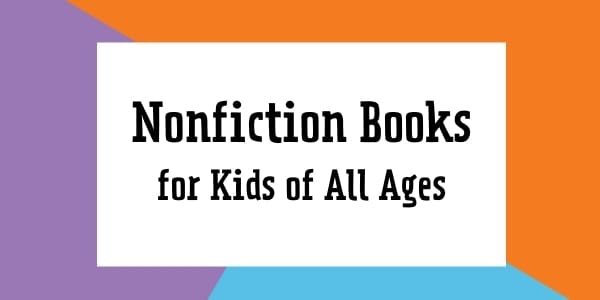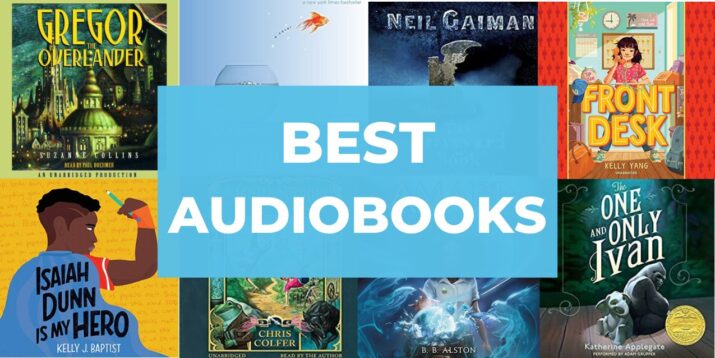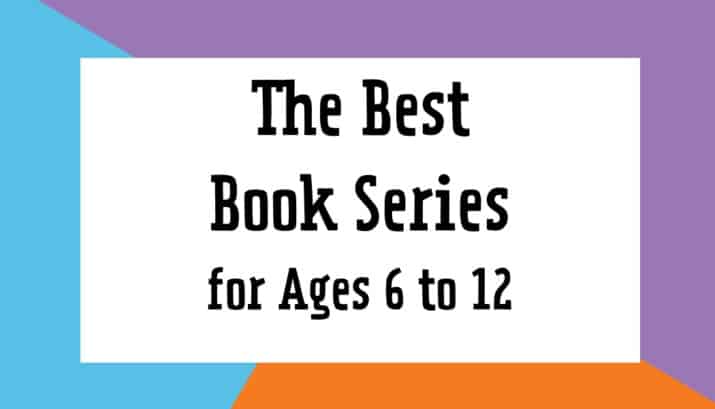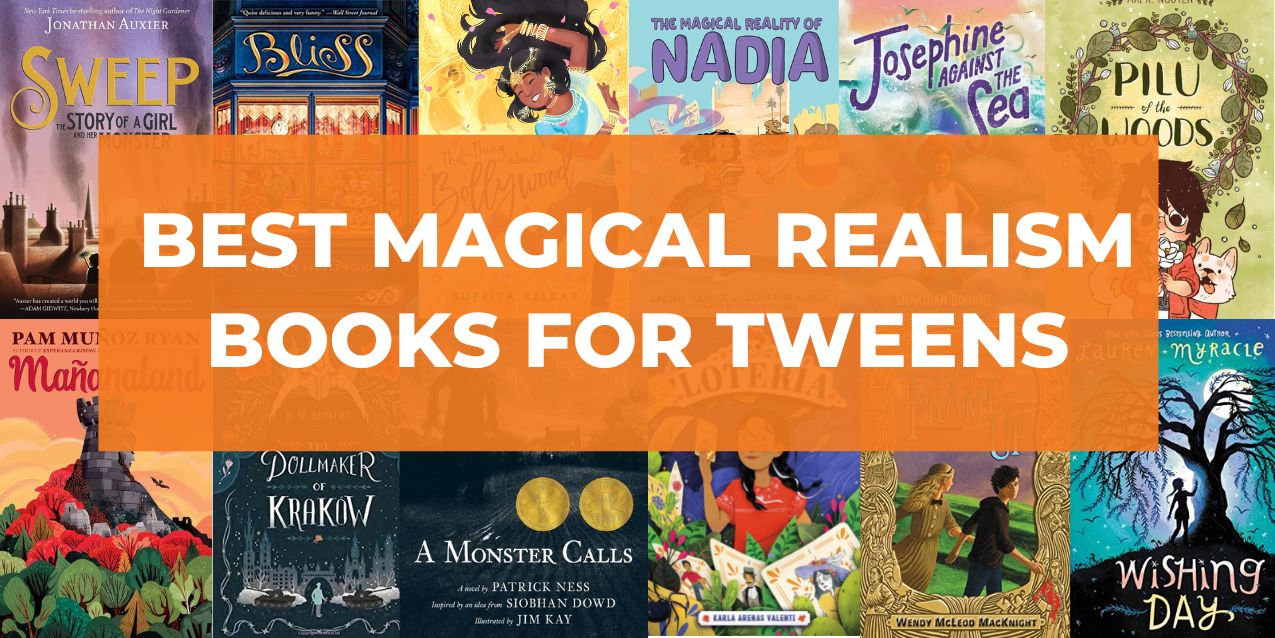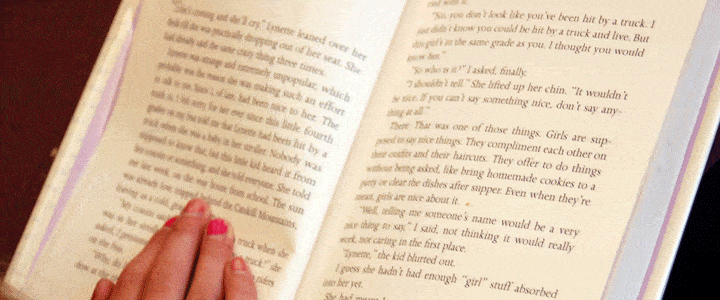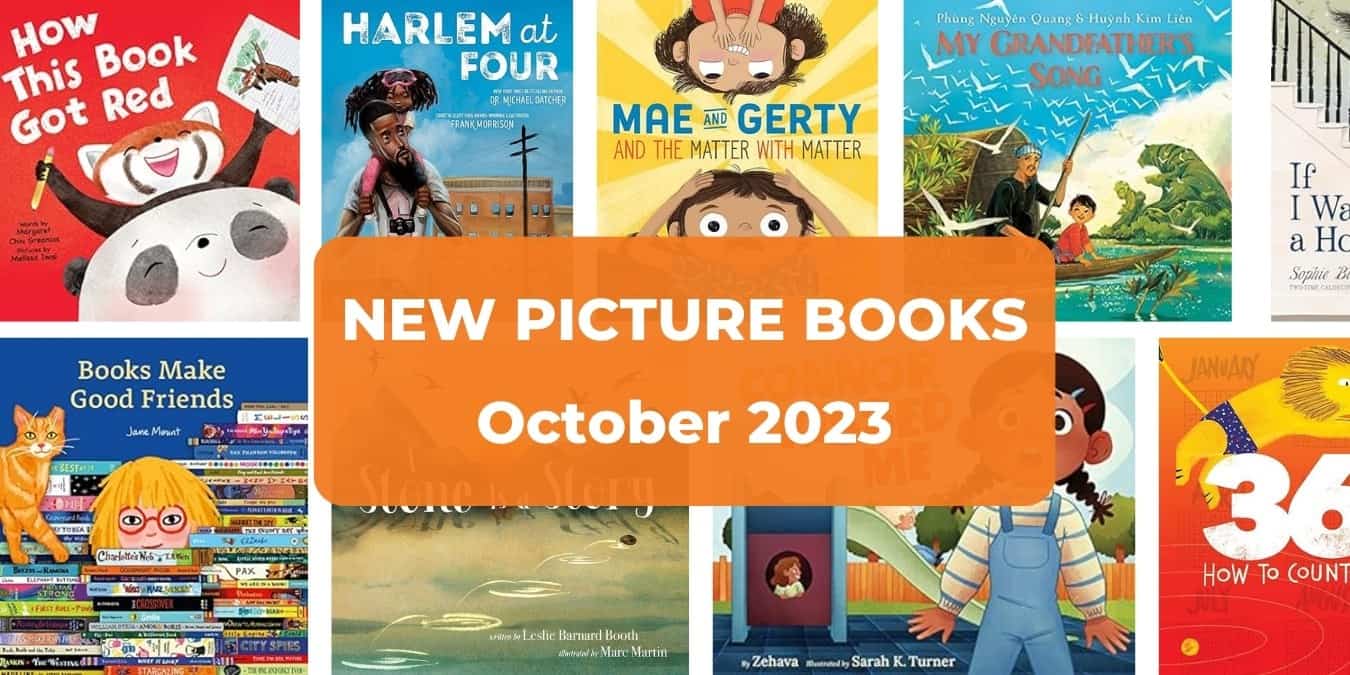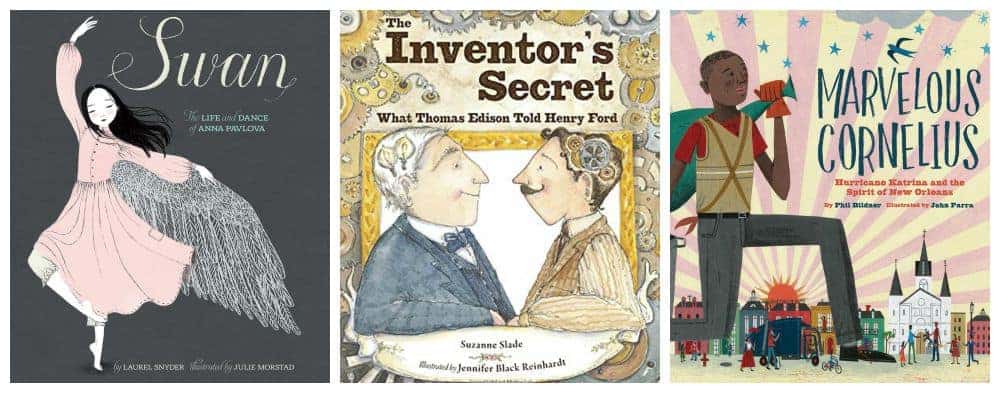Exceptional I Survived Chapter Books + Author Interview
This post may contain affiliate links.
The I Survived series numbers nearly two dozen popular chapter books for ages 7 to 10 by Lauren Tarshis. The series, which includes historical fiction as well as eight complementary graphic editions and several nonfiction titles, focus on the resilience and strength of young people in the midst of disasters, both natural and human made. Published by Scholastic, the series launched in 2010 with I Survived the Sinking of the Titanic 1912. The newest title, Book 23, I Survived the Great Alaska Earthquake, 1964, publishes in November of 2023.
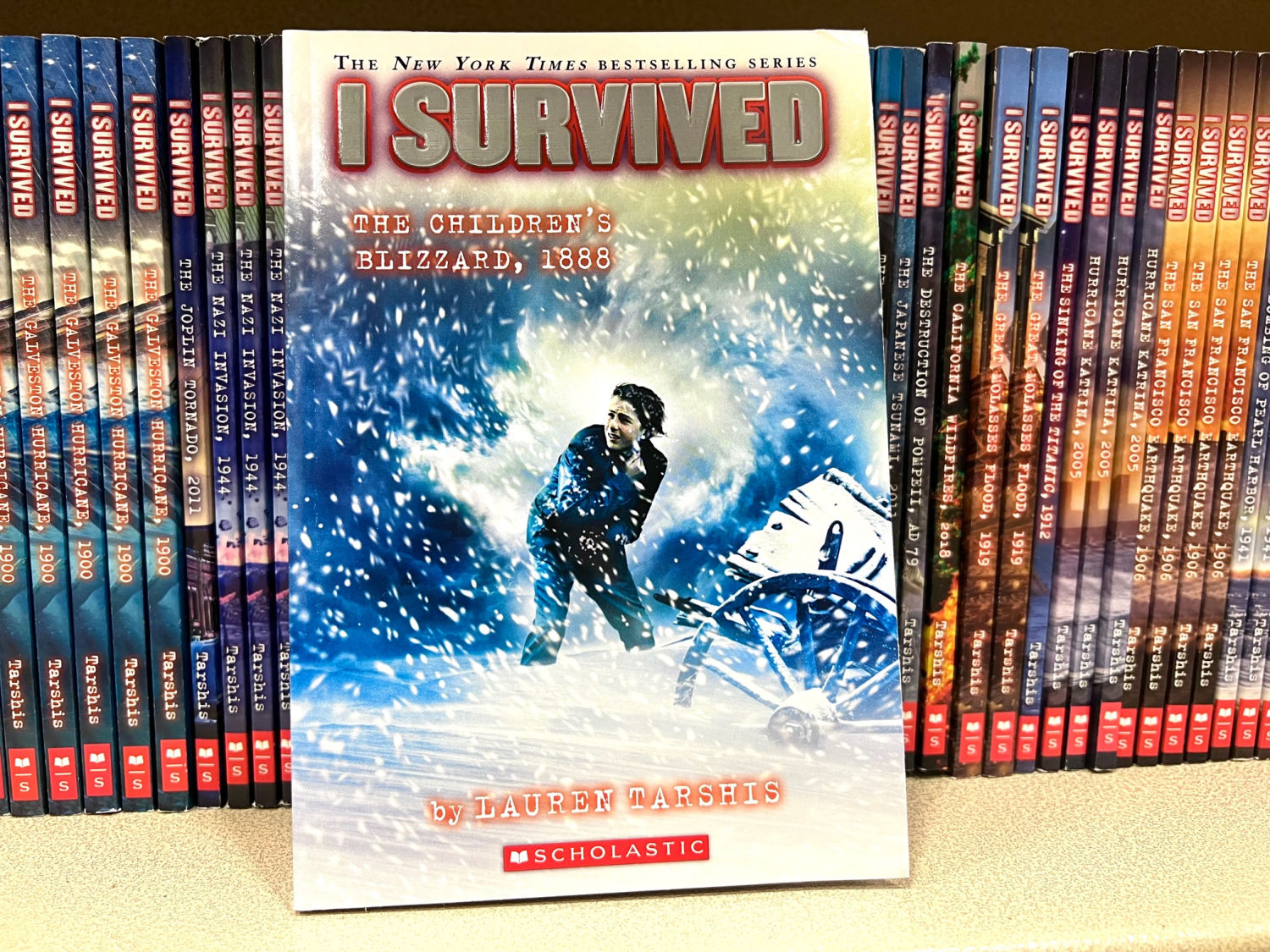
Combining impeccable research with page-turning action and believable, compelling characters, the I Survived series provides young readers with an introduction to some of history’s most memorable disasters and world-changing events. Tarshis, who also serves as editor for Scholastic’s Storyworks magazine, is at ease in a variety of time periods. Titles date far into the past with I Survived the Destruction of Pompeii, A.D. 79 (I Survived #10), and also include stories about recent events, including the attacks of September 11, 2001(I Survived #6), the Joplin Tornado of 2011 (I Survived #12 ) and the California Wildfires of 2018 (I Survived #20).
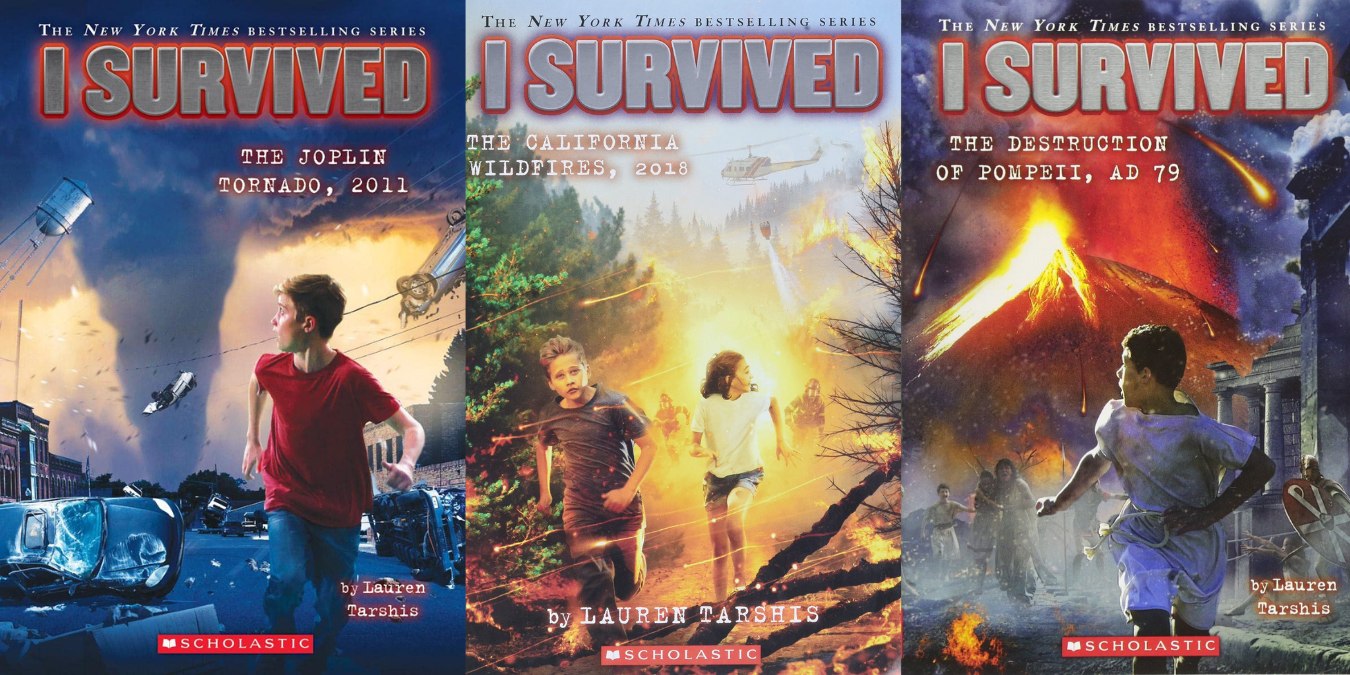
Historical Fiction I Survived Chapter Books
I Survived books are accessible for readers ages seven to ten. For parents of younger chapter book readers in grades two or three, it’s probably wise to preview the topics and begin with titles that may be less frightening to young readers. For instance, Pompeii is set far in the past and may be more appropriate for some children than reading about disasters that might occur in areas where they live, such as tornadoes, hurricanes, or wildfires.
To enhance the reading experience, Tarshis has assembled a wealth of resources for kids, parents, and educators on her website. There’s an I Survived Book Club and a growing library of enrichment activities with suggestions of ways to use the books in the classroom as well as in homes and libraries. The printable activities are fun and also support reading comprehension and historical thinking activities.
While young readers are drawn into the first-person stories themselves, one notable aspect of the I Survived series is the way in which these books help build critical thinking skills, including an appreciation for historical context. Many students may think of history as simply a (confusing) set of names and dates to be memorized rather than a rich tapestry of overlapping, inter-connected events. The touch points of well-known disasters such as the Titanic sinking in 1912, the Pearl Harbor attack of 1941, and Hurricane Katrina in 2005 help children to begin building a more nuanced understanding of different historical time periods.
The I Survived books also ignite a spark of inquiry which encourages further exploratory reading. Students who want to learn more about specific events can use the I Survived books as a launching pad for longer, more complex middle grade historical fiction such as Alan Gratz’s books, which include Two Degrees, about wildfires; Ground Zero, about 9/11; and Allies, about D-Day. Or students might devour the World War II novels of Sharon Cameron, such as The Light in Hidden Places and her 2023 release, Artifice, set in the art world of Amsterdam and inspired by true events.
And, of course, gaining a mastery of basic facts and historical context helps prepare readers for more complex nonfiction titles, whether it’s reading more about a specific historical period, learning more about the science of tornadoes and hurricanes, or exploring the role of climate change in 21st century wildfires.
Teachers often deploy text sets in a classroom, making available a variety of books on similar topics. Families can do this at home too. If your kids are interested in World War II and have already devoured I Survived books on D-Day and Pearl Harbor, try watching age-appropriate films, listening to audiobooks, visiting a museum, or researching a family member who may have participated in the war.
Another great way to encourage an interest in history is to share and read books on the same topics together over the summer or during a school break. However, if you’re planning a vacation trip to the ocean, you might want to hold off on reading I Survived the Shark Attacks of 1916 (I Survived #2) on the way there!
Deborah Interviews I Survived Series Author Lauren Tarshis
As a special bonus, I caught up with busy author Lauren Tarshis, who took the time to answer some questions about I Survived.

DEBORAH FOR IMAGINATION SOUP: The first book in the I Survived series was released in 2010 and focuses on the 1912 sinking of the Titanic, a topic that continues to fascinate readers, young and old. Can you describe how you first got interested in writing I Survived? Did you conceive of the series first, or did it grow out of that first book?
Lauren: The idea for I Survived came from a few different seeds that had been planted in my mind over the years. As a mother of four kids, I saw how hard it was to find books to engage readers who were either struggling or disengaged. I was always on the hunt for books — especially series — that would really grab their attention and also spark their curiosity to learn more on their own. They all loved Magic Tree House, for instance, but there wasn’t a logical follow up.
At the same time, I have been working on Storyworks Magazine forever, and I saw how much kids (and teachers) LOVED historical stories that had a child at the center. One of those teachers called me to tell me how a story I wrote about the Children’s Blizzard of 1888 “entranced” one of her most challenged readers, and how he not only became fascinated with the topic and time period but he related to the struggle of the boy, Walter, who was at the center.
All of these seeds came together one day while I was taking a walk one day, and I came up with the idea of writing a series of historical fiction books.
IMAGINATION SOUP: Along with covering well-known disasters and historic events such like the Titanic, the San Francisco Earthquake, and the Great Chicago Fire, your books have sometimes focused on lesser known events such as the Wellington Avalanche of 1910. Now that you’re up to book #23, how do you go about finding topics you want to write about?
Lauren: I am so lucky because kids write to me all the time with ideas. It was an I Survived reader named Nathan who wrote to me to suggest I write about the Alaska earthquake, the book that comes out in November 2023. Also, when researching one book or article, I often stumble upon lesser known events, like the Wellington Avalanche or the grizzly attacks that happened in 1967 in Glacier National Park. I am literally always on the lookout!
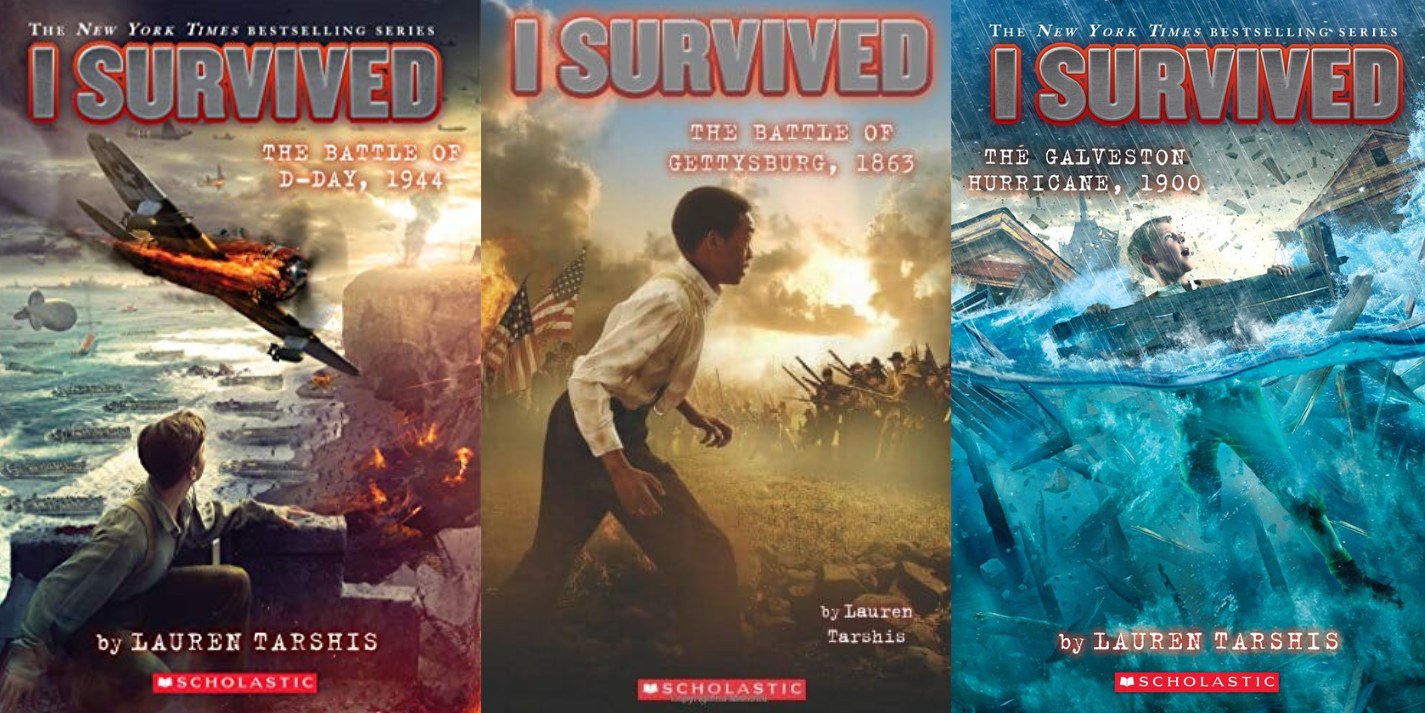
IMAGINATION SOUP: Speaking of Book #23, can you tell us a little about I Survived the Great Alaska Earthquake, 1964?
Lauren: It’s about a boy named Jackson who grew up in the bush in a cabin, living mostly off the land with his parents. This was a “fad” among lower-48ers in the 1960s and 1970s, and I had read many memoirs about these families. Jackson loves his life, but then a fire in their cabin (caused by a grizzly…why not?) forces the family to abandon their life in the bush and move to a beautiful town called Valdez.
So the start of the book is really a “new kid” story, a fish out of water story about Jackson adjusting to school and Twinkies and learning who the Beatles are, etc. But being in Valdez puts him near the epicenter of the Alaska earthquake, the most powerful in North American history.
IMAGINATION SOUP: You’ve written about recent events, as well as the destruction of Pompei, in A.D. 79. How does your research process differ when writing about topics where survivors are still living?
Lauren: I love being able to talk directly with people who have lived through the events I’m writing about. And two of the books — Joplin tornado and California Wildfires — came about because people who lived through the experiences invited me to come to their communities and hear from people who experienced the disasters. These experiences are always unforgettable for me and have led to lasting friendships.
IMAGINATION SOUP: What has been the most surprising thing to you in writing the series?
Lauren: The most surprising thing is that kids — even those who say they hate reading and those who don’t think of themselves as “scholars” — are fascinated by history. If a story is engaging and information is conveyed in a way that is accessible (and also engaging), kids’ minds open up. SO many of my readers are these kids, including newcomers to the U.S. who are learning English. These kids are always at the front of my mind when I write my stories.
IMAGINATION SOUP: Do you get lots of feedback (and ideas) from young readers?
Lauren: TONS! I get dozens of emails a week and letters too. Kids are my best source of advice and inspiration. Before I’m finished with a book, I Zoom with classrooms and read portions of my drafts to kids. I get GREAT editorial critiques this way that I value more than I can express.
IMAGINATION SOUP: Do you have future titles in the works?
Lauren: I’m still putting the finishing touches on Alaska and working on the next two graphic novels. I also have a new series in the works — a wildlife adventure series — that I had to put on hold. I’m going to start working on that shortly. As for my next I Survived chapter book, I’m sifting through ideas but haven’t decided yet. I have been getting lots of input from readers.
IMAGINATION SOUP: Finally, readers may not know this, but you’ve somehow managed to write a successful series releasing a book a year, all while raising a family and being the editor for the popular Scholastic magazine, Storyworks. How do you balance research, writing, career, and family?
Lauren: If you saw me now, with dark circles under my eyes and books and papers stacked all around me, plants that need tending, dishes that need doing, emails that need sending, etc…you would have your answer. It’s definitely too much 🙂
BUT, all of the work flows together. Ideas I get from teachers who use our magazines helps me with I Survived. The school visits I do for I Survived informs my work on Mags. My family supports me and encourages me when I feel like I’m losing my grip. And mostly, I feel incredibly fortunate to be creating stories that mean something to kids, family, and teachers, to be part of a world of teachers and librarians and my fellow authors like the amazing Deborah H!
Interviewer Deborah Hopkinson writes historical fiction and nonfiction. She first met Lauren Tarshis when submitting an article for Storyworks and can attest that in addition to being a fabulous author, Lauren is a wonderful editor.
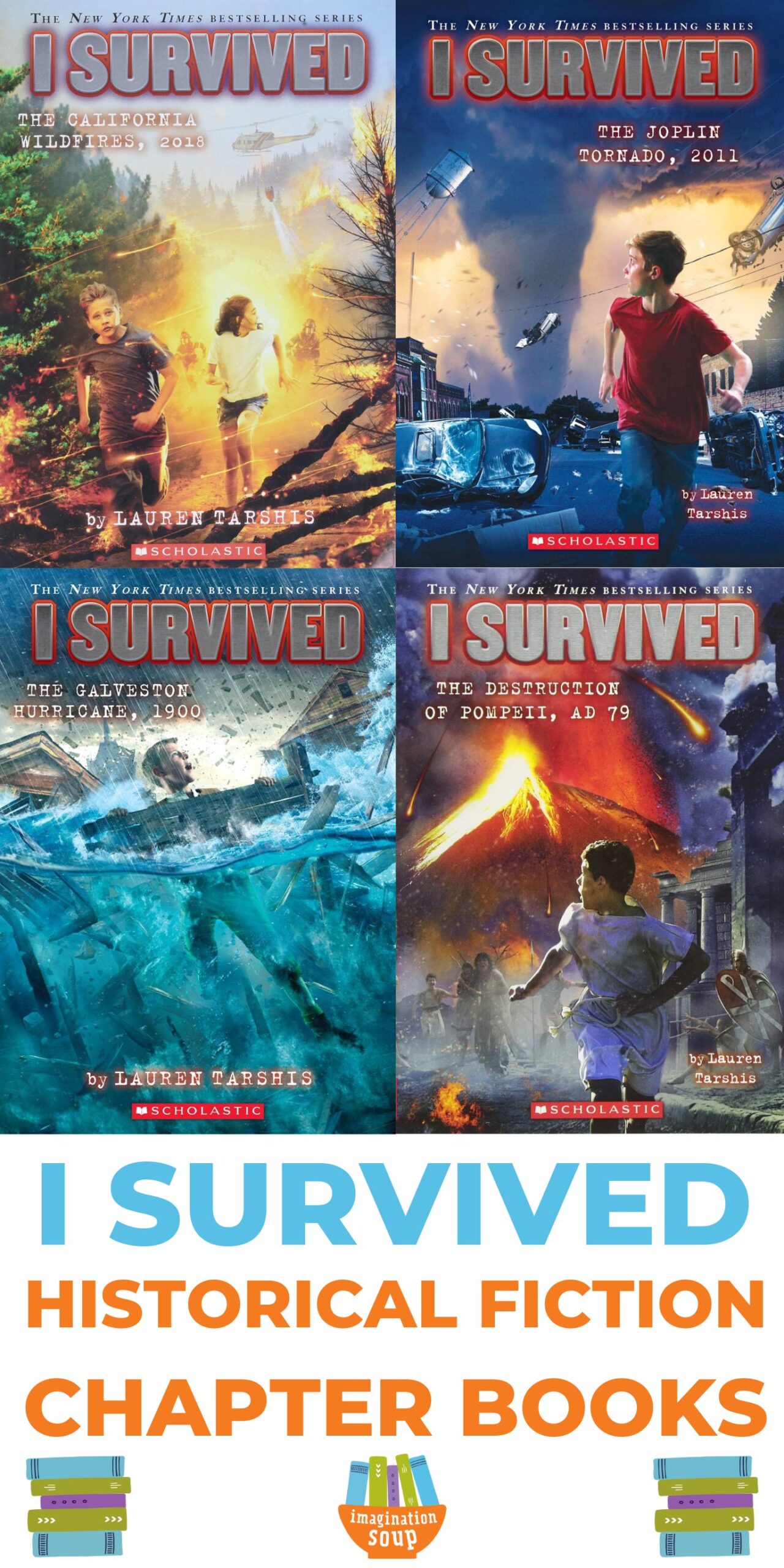
KEEP READING

